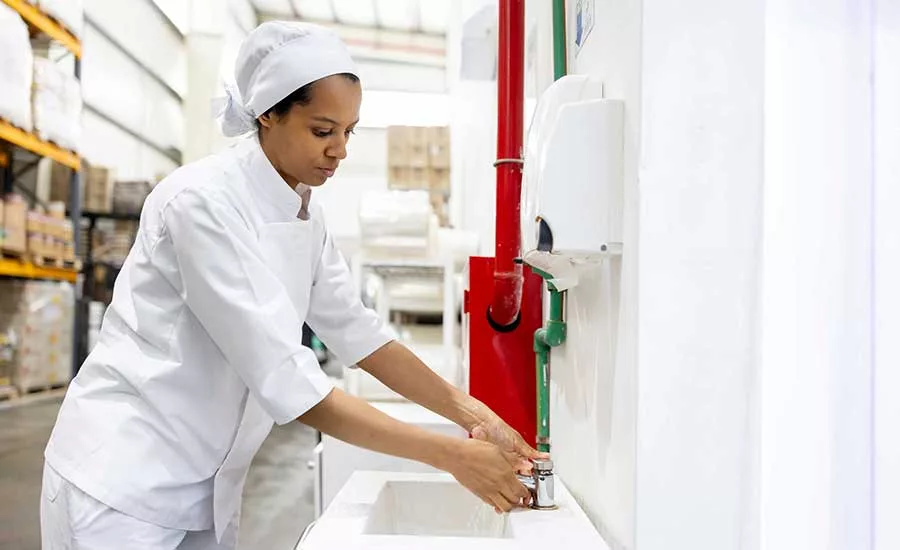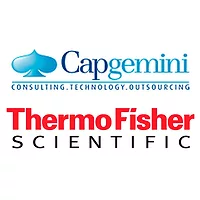LIMS Delivers Better Data

As new legislation, such as the U.S. Food Safety Modernization Act, increases requirements around traceability and record maintenance, food processors and producers, as well as contract test laboratories, are turning to Laboratory Information management Systems (LIMS) to improve data management. A LIMS is designed to automate repeatable laboratory processes and centralize data collection, sample analysis and reporting within a secure and auditable environment.
Using a LIMS, management of information and data becomes straightforward and automatic; secure and reliable; and defensible for audit trails and regulatory compliance. A LIMS gives lab managers and scientists the ability to control the lab environment, to improve efficiencies and to reduce costs while making critical information available as soon as it is generated. A LIMS also allows integration with other enterprise-level systems, thereby improving the quality of information by providing an integrated picture of processes across the entire organization.
Because the safety of food products is top priority for food and beverage producers, more of them are integrating the LIMS with existing ERP, production or manufacturing enterprise systems, and smaller food producers are now realizing that traceable data must be collected electronically in order to comply with regulations and to maintain safe processes. LIMS data can be distributed to key stakeholders quickly to help ensure that contaminated products will not reach consumers. With a LIMS, lab managers are rapidly alerted to any unexpected or out of tolerance results. Along with food safety assurance, a LIMS provides brand security by making critical information available to management. This information aids in making decisions about the continuation or disruption of processes or the eventual distribution of product to the marketplace.
LIMS Capabilities and Benefits
• Farm to fork traceability of samples and lab processes
• Central repository for data and test results
• Assurance of regulatory compliance
• Automated data collection from testing and delivery of records of proof that are required for regulatory compliance around the world, including US FDA, EU and international ISO 17025 standards
• A secure environment for monitoring batch relationships between raw materials, processed materials and packaged goods
• A centralized system that collects, stores, processes and reports all the data generated within food laboratories, providing a complete overview of product quality
• Automated checks for out-of-specification results and identification of suspect products to prevent release pending investigation
• Assurance that all samples are handled and processed correctly
• Secure document management and storage of all data for any future inspection
• Integration of the laboratory environment with the rest of the enterprise
Looking for quick answers on food safety topics?
Try Ask FSM, our new smart AI search tool.
Ask FSM →






